When Gemma Hudson, the CEO of a communications firm, fell pregnant she was newly engaged to her fiancé Jake. She tells her story to Anna Saunders.
I still remember the look of surprise and then delight that spread across my parents’ faces when Jake and I revealed that we were pregnant. It was February this year, and we had Face-Timed my parents, who, like Jake’s, lived in the UK, to tell them we had bought a house. Then, at the end of the conversation, we added casually, ‘And, by the way, you’ll need to help us put a cot in the spare room.”
Everyone was thrilled. My dad had tears in his eyes. It had only been a few months since Jake had proposed. We were both 39, and both only children. This baby would be the first grandchild on both sides of the family and we felt extremely lucky.
Initially, the pregnancy unfolded like any other. We’d waited until after the 12-week scan to share the news. A few weeks later we made it “Facebook official”. That was a decision I’d later regret. There was just one complication: I’d previously had pre-cancerous cells cut out from my cervix, not once but twice, and my midwife started monitoring me more frequently. But I was assured that everything would be fine.
A few weeks later, we made it ‘Facebook official’ – a decision I’d later regret.
At 19 weeks pregnant, we threw an engagement and housewarming party. It was a lovely evening – lots of our friends’ children were there, and my bump was starting to show. But around eight o’clock, I started to feel quite ‘heavy’. I told myself I’d overdone it and went to bed early. The next day, I rested on the couch.
On Monday morning, I went in to work. I had a big meeting that had already been postponed three times. But when I arrived at the office I still felt uncomfortable, and during the meeting I started to feel anxious. Afterwards I drove to the hospital, where the midwives listened to the baby’s heartbeat, which was still loud and strong. But something didn’t feel right. The midwife told me I had two options: I could come back the following day for another scan or head to A&E and wait to see a doctor.
I remember looking at Jake, and saying, ‘I don’t feel right. I’m going to A&E’. We were taken to an assessment room in A&E, and I was examined by a doctor, who thought I was showing signs of labour.
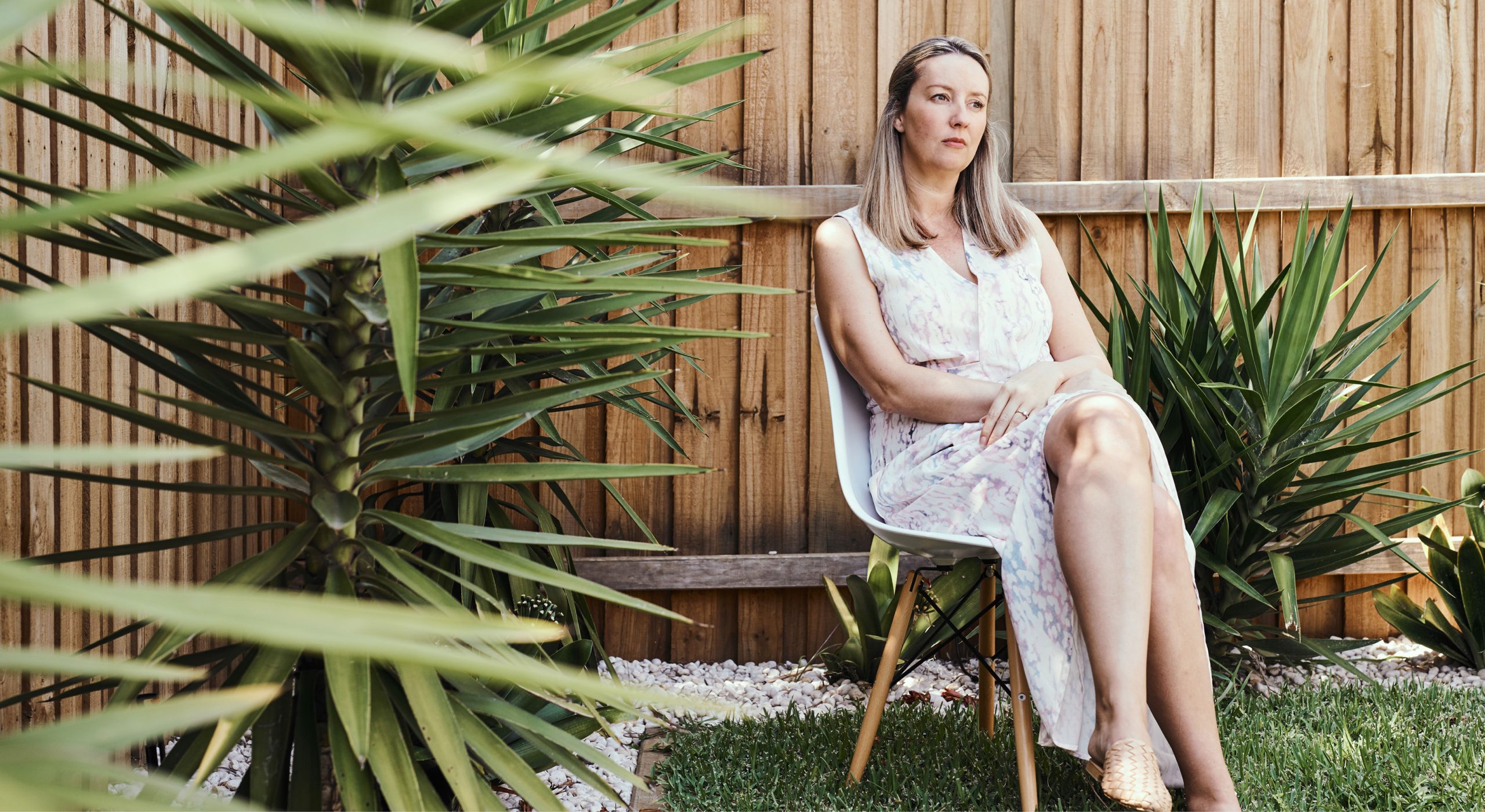
We waited in that room for a few hours. It was freezing cold, and I was still wearing the dress I’d worn to work. Jake lent me his socks to keep me warm. I became aware of a dull ache that felt like period pain, and after a while I realised it was coming in waves. An obstetrician arrived, and, grim-faced, he explained that the situation didn’t look good, but that there was still a chance ‘if the stars aligned’ that our baby would survive.
But as they transferred me from one bed to another, my waters broke, and in that moment I knew. Until then I’d been holding on a sliver of hope, but that evaporated the moment I felt the gush of liquid. I heard a scream and realised it was coming from me.
At just under 20 weeks, our baby could not survive outside my womb. The choice was clear: I could either wait for labour to begin or I could be induced. I couldn’t bear to think of her dying inside me, so I decided to be induced.
It was early morning by the time the doctor induced me. I was given an epidural, and labour lasted for six hours. Through the haze, I remember Jake’s face as he sat next to me, holding my hands the entire time.
Through the haze I remember Jake’s face as he sat next to me, holding my hand
Everly was born at 3.22pm. I immediately asked if her heart was beating, but the answer was no. The doctor wrapped her in the standard pastel blanket and passed her to me. She was small, but perfect in every way. Her eyes were closed, and she had long, elegant fingers and such tiny hands and feet. Everly, Jake and I spent an hour together, our entire world shrunk to a tiny hospital room. We were overwhelmed by emotion – a complex cocktail of grief, shock and wonderment at our tiny, perfect daughter.
But as time went on, Everly began to feel cold and I knew we couldn’t keep her with us forever. We called the midwife, and relinquishing her was the hardest thing I’ve ever done.
We left the hospital the next day, and I’ll never forget stepping out into the bright sunshine, and driving home. Everyone else was continuing with their lives, whereas ours had been razed to the ground.
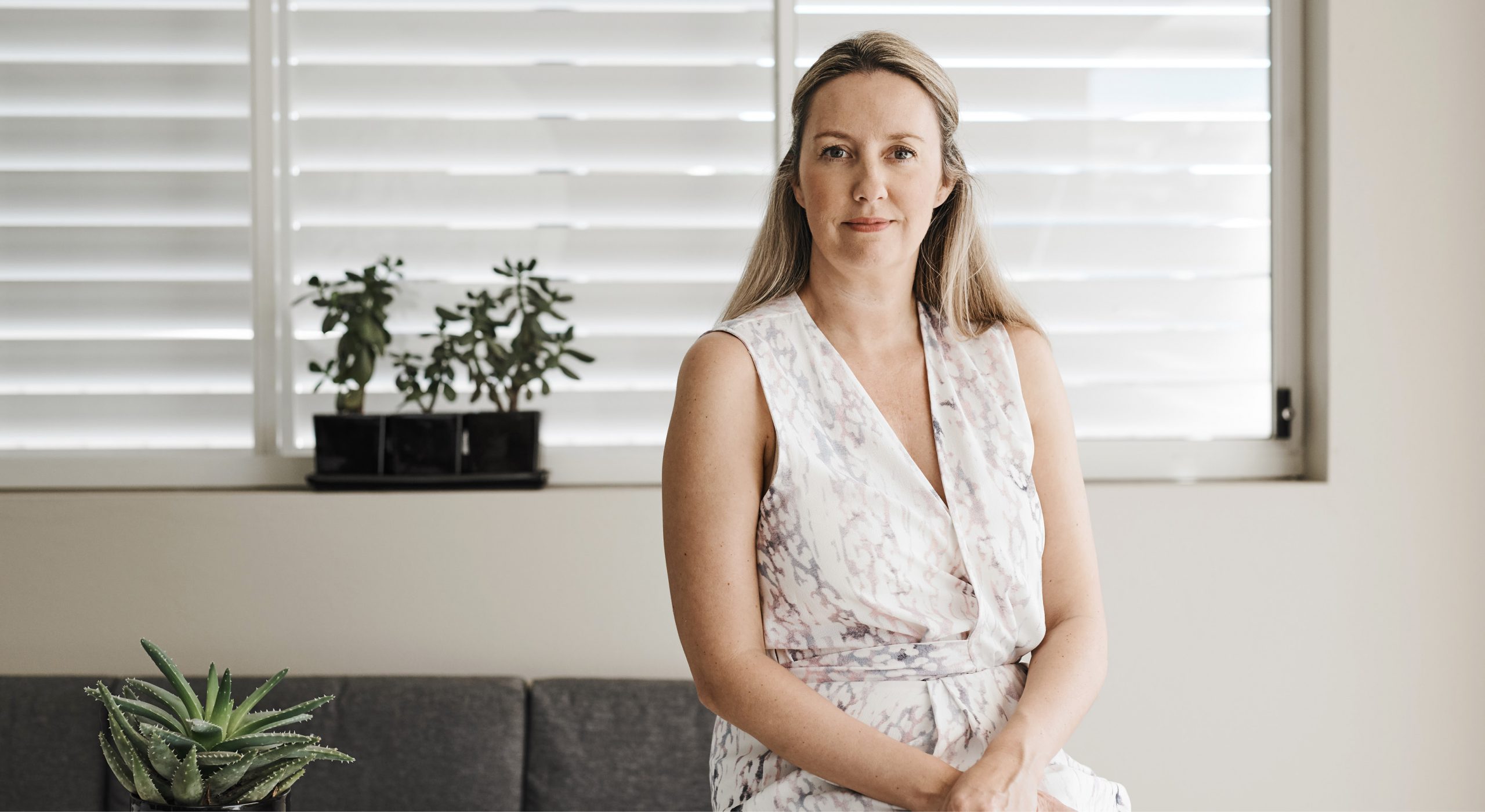
The next few weeks were a blur. I felt lost. Our friends stepped in to help – one did a food shop for us, and made spaghetti bolognese, others brought food. My parents arrived, and they were amazing.
I struggled to adapt to Everly’s absence. My bump disappeared quite quickly, which was confronting. One moment she had been there, a comforting weight, and the next all traces of her had vanished. Packing away my maternity clothes had an awful finality.
My grief came in waves. Some days I would feel some semblance of normality and then something would trigger it – an ad on television featuring a pregnant woman or the sight of a mother pushing a pram – and it would hit me like a wall again.
At first, I didn’t leave the house, but after a while I found a spot on the cliff tops near my house and I would sit and look straight out to sea.
Through it all, my work was incredible. From the moment I walked out of the office to go to hospital on the Monday, I didn’t answer another email or phone call. My business partner, Rebecca, just dealt with it.
Through it all my work was incredible
I had been visibly pregnant, so everybody knew, and the leadership team spoke to all our clients to let them know what had happened. Rebecca arranged for Red Nose, which offers grief and loss training, to come into work and do a session in Melbourne and Sydney. They went through what pregnancy loss involves, how it manifests, how parents feel. For example, many women, like me, can’t go into loud, busy spaces. In the weeks after we lost Everly, it was as though all my nerve endings were on high alert and I just couldn’t cope with noise.
Red Nose also talked to the staff about validation of the baby – some parents want to talk about the baby, while others don’t. That’s something I’ve struggled with. I’ve found myself feeling jealous of people whose children lived longer, and who had the opportunity to simply know the colour of their child’s eyes. Often when someone dies, you can draw comfort from your memories, whereas when a child dies at birth there are no memories – and no shared experiences to keep the memory of them alive.
All our close friends and family knew about Everly, but I didn’t know how to handle our wider circle of friends and acquaintances. In the end, my team at work did the City to Surf in honour of Everly as a fundraiser for Red Nose Grief and Loss, and I shared the link to social media with a personal note.
Having gone through this experience, I’ve come to realise how little awareness there is
The weeks and months after Everly’s death were a strange, sensitive time. Sometimes, I found it hard when I saw friends, and they didn’t mention her at all. The biggest thing in the world had just happened to us, and it was as though our baby hadn’t existed.
On the other hand, I know they must have found it difficult to know what to say. Having gone through this experience, I’ve come to realise how little awareness there is around pregnancy loss. So many people confuse what happened to us with early miscarriage – and although I know that losing a baby at any stage in a pregnancy is devastating, my experience, including going through labour and physically holding our daughter, was a different kind of loss.
Quite often people assumed that there there must have been something genetically wrong with Everly – that it was nature’s way. But in fact my daughter was perfect. It was just that my body couldn’t do what it needed to do, which is a huge burden to carry. I feel a lot of guilt.
That’s why I decided that when I was a bit stronger – and as I work in communications – that I would talk about what happened and try to raise awareness.
It was only recently, too, that I realised how lucky I had been with work. I was off work for eight weeks, and staggered my return. My fiancé was in a contract role and so could only take two weeks’ sick leave. In Australia the length of leave you receive is usually at the discretion of your manager. It’s a real grey area. I hate to think that women who go through what I did have to return to work quickly. Could I have returned to work after two weeks? Maybe. Would it have been the best thing for me or the company long-term? No. My company supported me during an horrendous time and I feel incredible loyalty to them.
Last week was Everly’s due date. We have a little drawer upstairs with some photos and a little book with prints of her feet and hands. My mum and dad bought me a bracelet with her name engraved on it, and I’m so thankful to have those things. It’s important to have something you can remember. And we’ll always remember.
Do you need help coping with pregnancy or infant loss? Visit Bears of Hope or Pink Elephants Support Network.
What to do when someone suffers pregnancy loss
Do: Say you’re sorry for their loss
Don’t: Feel you have to ‘fix’ things. Just be there.
Do: Offer practical support and help, such as preparing meals
Do: Remember that fathers need support too
Don’t: Touch a child’s belongings without asking
Do: Be sensitive to a parent’s wish to talk about or not talk about a child
Don’t: Feel personally rejected by a grieving parent’s moods
To find out more about what to do or say after the loss of a child, visit Red Nose Guiding Light
What are your rights?
In Australia, when a baby dies after 20 weeks gestation, the primary caregiver is entitled to government-funded paid parental leave. However, many private companies don’t extend their paid leave policies to parents who have lost babies during pregnancy.
Stillbirth Foundation of Australia is encouraging businesses to extend paid leave to parents who have lots babies late in pregnancy. They also want businesses to be explicit about what they offer, so grieving parents don’t have to negotiate leave in the weeks after losing a baby. “There is no time scale for grief,” says Stillbirth Foundation CEO Leigh Brezler, who explains that parents need time to physically and emotionally recover. A Stillbirth Foundation/PWC report found that employee productivity after a stillbirth is only at 26% after 30 days.




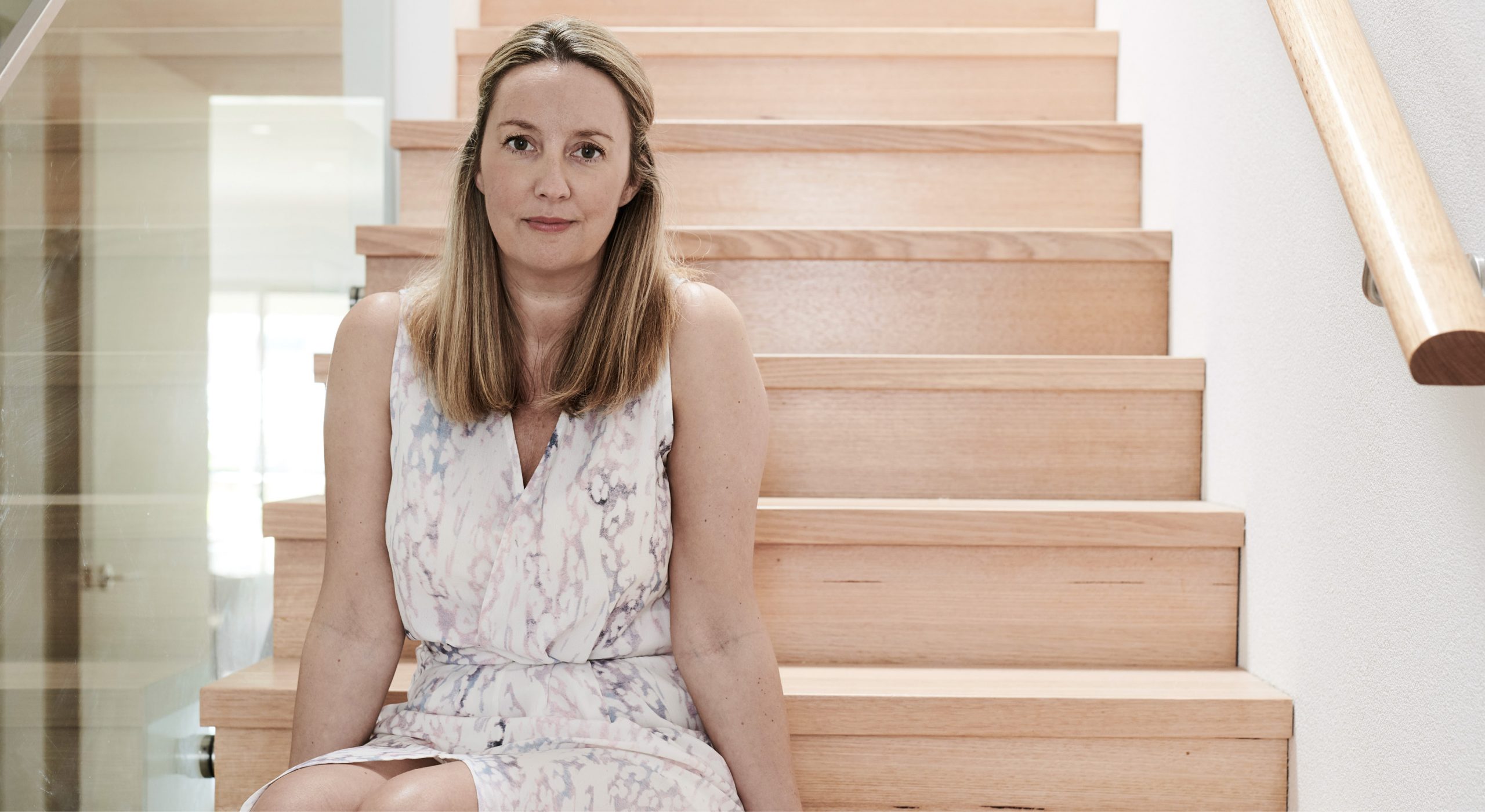
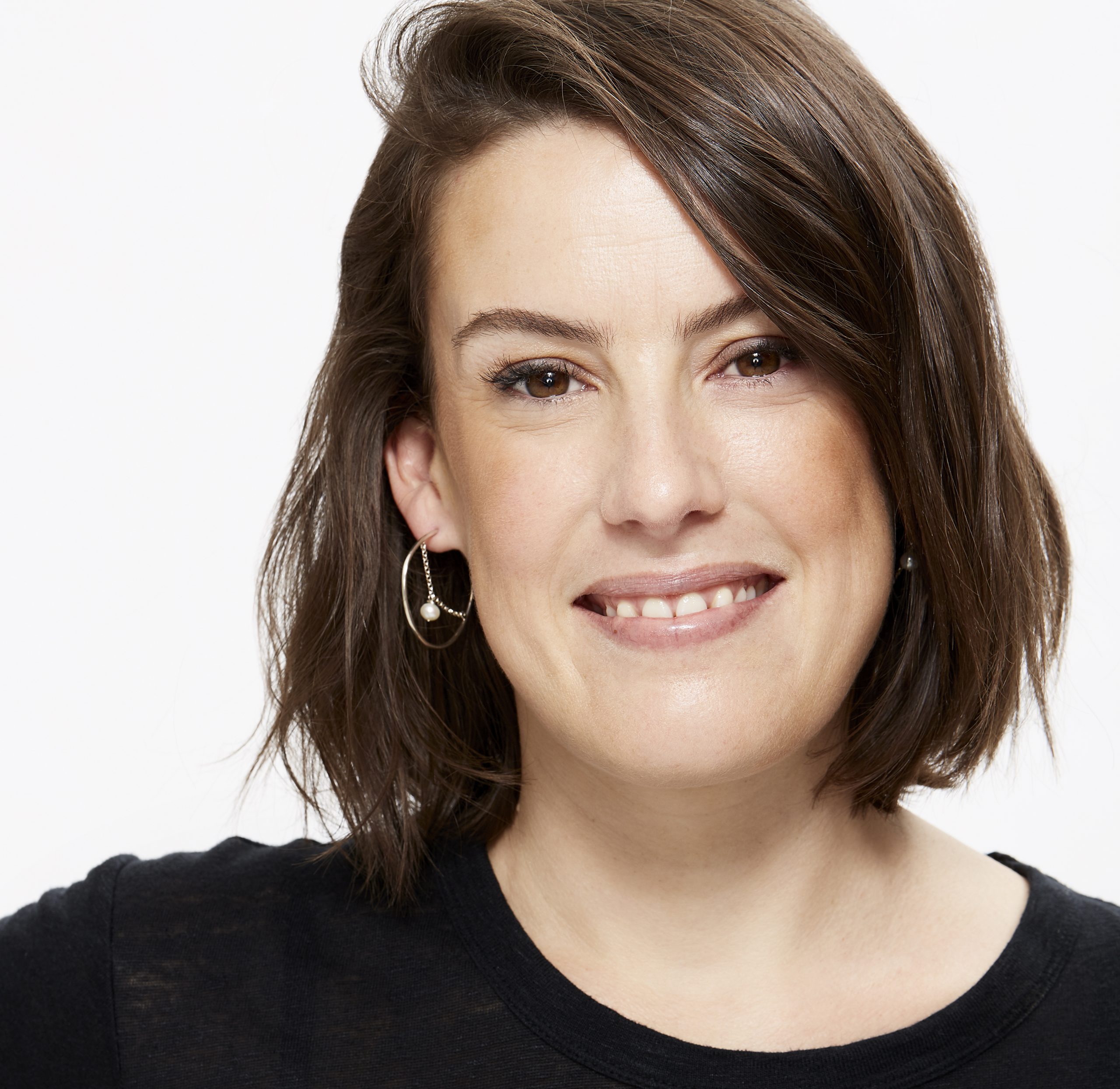


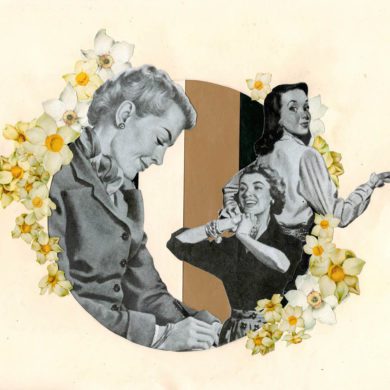
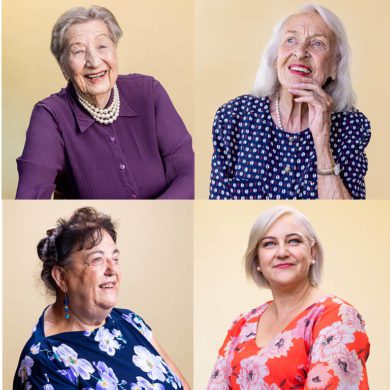
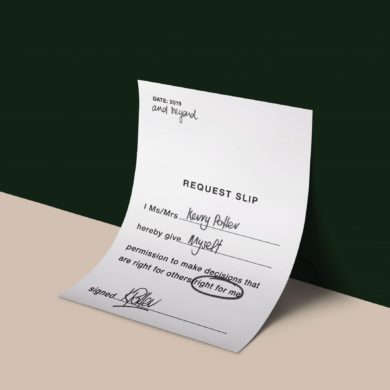
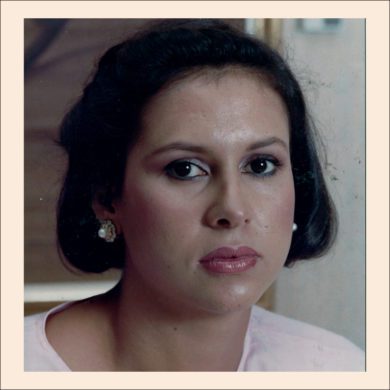


3 Comments